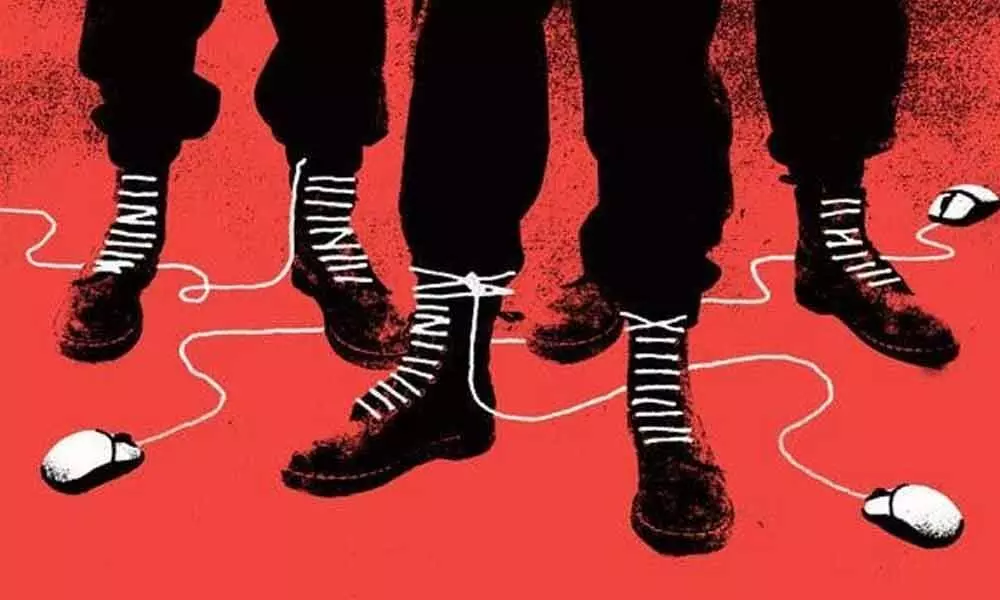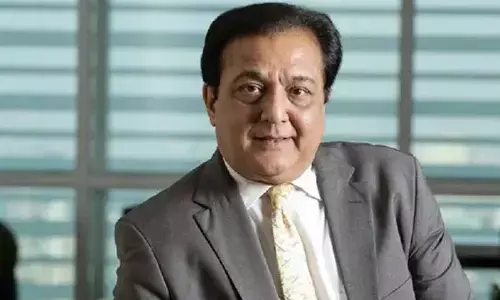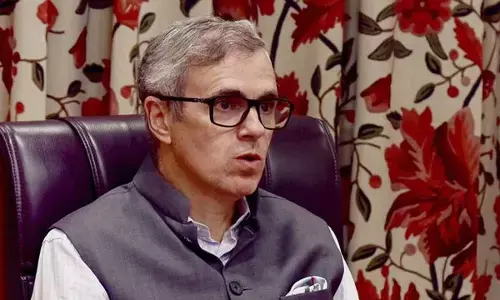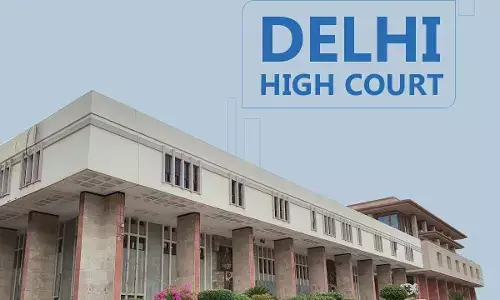India worried about using social media for radicalisation of terrorists: US

India continues to remain concerned over the use of internet, particularly social media and messaging apps like WhatsApp, for the recruitment and radicalisation of terrorist, according to a report by the US State Department.
Washington : India continues to remain concerned over the use of internet, particularly social media and messaging apps like WhatsApp, for the recruitment and radicalisation of terrorist, according to a report by the US State Department.
Days after WhatsApp snooping case came to light, the State Department said this in its annual 'Country Reports on Terrorism' for the year 2018.
Mandated by the US Congress, the report was released on Friday. Facebook-owned WhatsApp on Thursday said Indian journalists and human rights activists were among those globally spied upon by unnamed entities using an Israeli spyware Pegasus.
"Indian government officials continue to be concerned over the use of the internet – including social media and messaging apps like WhatsApp – for terrorist recruitment and radicalisation and the fomenting of inter-religious tensions," the report said in its India section.
India's Home Secretary and other senior government officers met representatives from global social media companies to review steps to prevent online terrorist recruitment and radicalisation, it said.
Nevertheless, cases of online terrorist radicalisation in southern India were reported throughout the year, including reports of some recruits being smuggled to ISIS pockets in Afghanistan, the report said.
The State Department in its report said that India continued to experience attacks, including by Pakistan-based terrorist organisations and tribal and Maoist insurgents.
Indian authorities blamed Pakistan for cross-border attacks in the state of Jammu and Kashmir.
India continued to apply pressure to detect, disrupt, and degrade terrorist organisations' operations within its borders, including the disruption of an ISIS-inspired terrorist cell reportedly planning terrorist attacks in late 2018, it said.
During 2018, India sought to deepen counterterrorism cooperation and information sharing with the US, including through the bilateral Counterterrorism Joint Working Group meeting in March and the first 2+2 (top US and Indian diplomatic and military officials) Ministerial Dialogue in September.
In June, the Indian government designated Islamic State of Iraq and the Sham-Khorasan (ISIS-K), an Afghanistan-based affiliate of ISIS and al-Qaeda in Indian Subcontinent (AQIS) as terrorist organisations under domestic designation authorities, it said.
The parts of India most seriously impacted by terrorism in 2018 included the state of Jammu and Kashmir, the northeast Indian states, and parts of central India in which Maoist terrorists remain active.
India continued to apply sustained pressure to detect, disrupt, and degrade terrorist organisations' operations within its borders, it said.
According to the report, Indian leadership expressed resolve to prevent terrorist attacks domestically and to bring to justice the perpetrators of terrorism, in cooperation with the United States and other like-minded countries.Lalit














